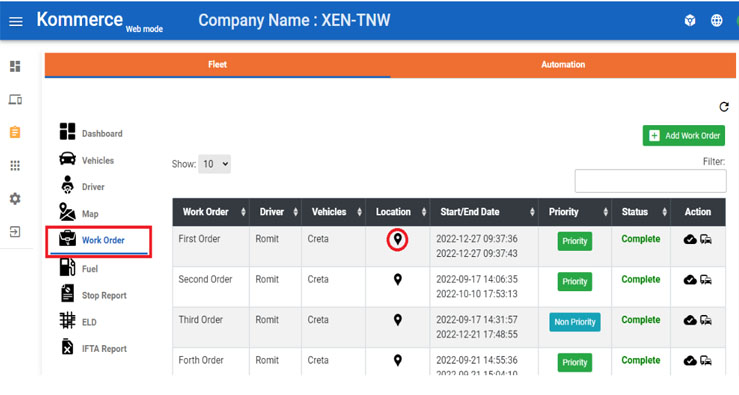Fleet management

Fleet introduction
Fleet management refers to the process of overseeing and coordinating a company’s vehicle fleet. It involves various tasks such as vehicle acquisition, maintenance, fuel management, driver management, route planning, and compliance with regulations. Fleet management is essential for businesses that rely on a fleet of vehicles to carry out their operations efficiently.
Fleet management features
![]()
Vehicle Tracking
Real-time GPS tracking of vehicles in a fleet, allowing managers to monitor their locations and movements.
Route Optimization
Optimization of vehicle routes to reduce fuel consumption, reduce travel time, and increase efficiency.
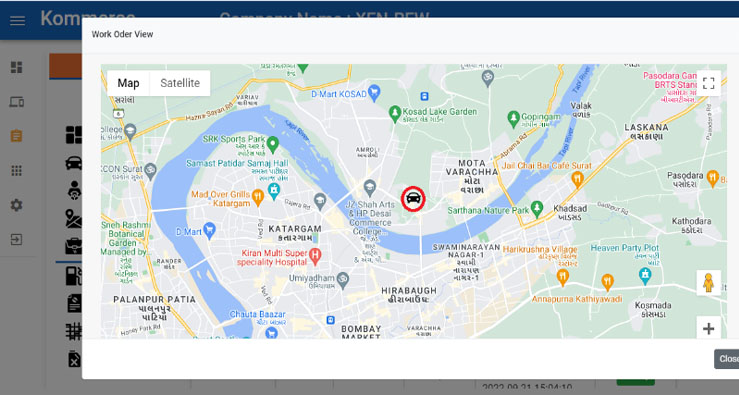
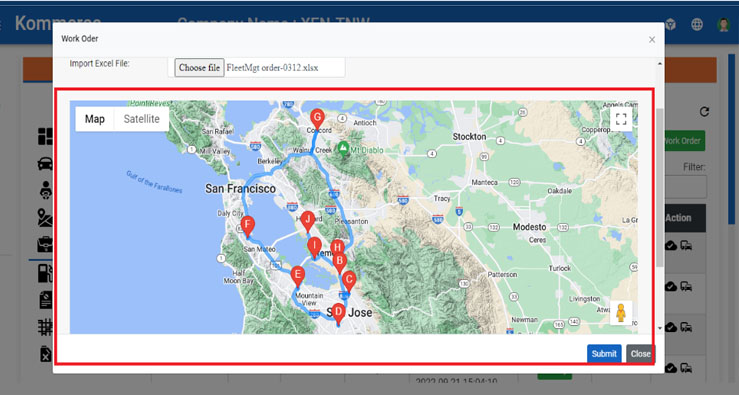
Driver behavior monitoring
Monitoring of driver behavior such as speeding, harsh braking, and idling, to improve driver safety and efficiency.
Maintenance Management
Scheduling and tracking of vehicle maintenance to ensure that vehicles are kept in good condition and minimize downtime.
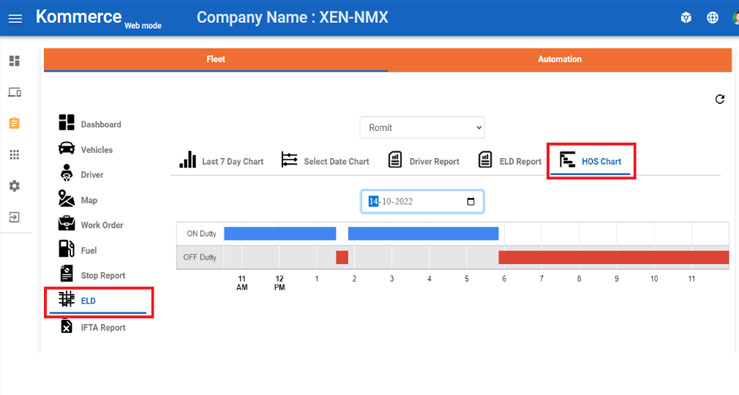
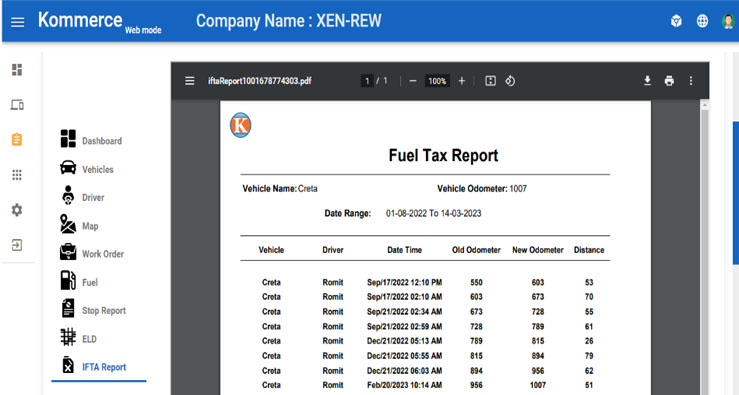
Fuel management
Monitoring of fuel consumption and efficiency to reduce fuel costs and emissions.
Dispatch and dispatch management
Coordination of vehicles and drivers to ensure timely delivery of goods and services.

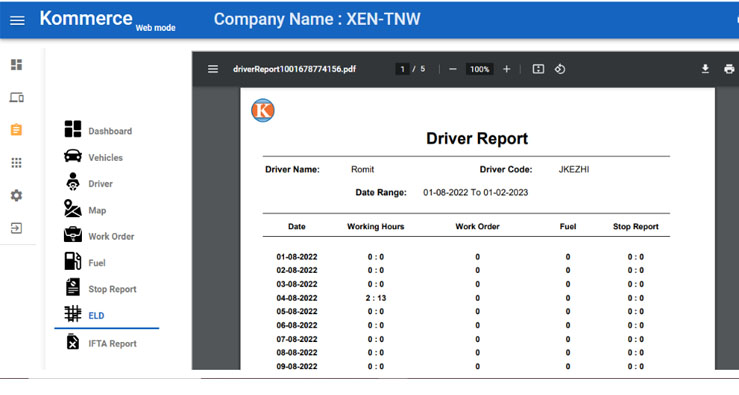
Electronic Logging Device (ELD) integration
Integration with ELDs to ensure HOS compliance and improve compliance with regulations.
Reporting and analytics
Generation of reports and analytics on fleet performance, costs, and efficiency, to help managers make informed decisions.
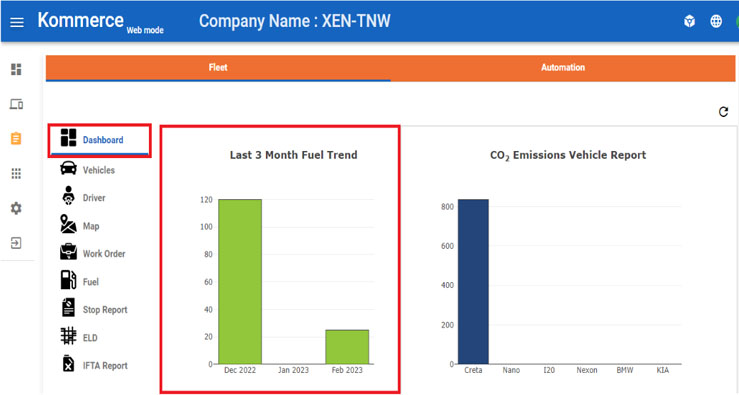
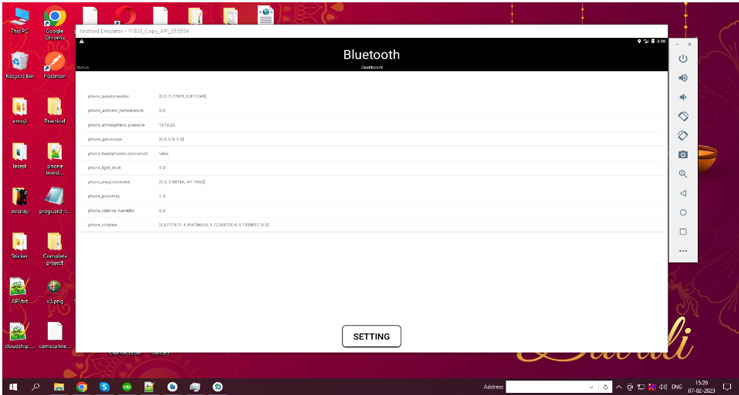
Mobile device integration
Integration with mobile devices, such as smartphones and tablets, to provide real-time access to information and data.
Customer management
Management of customer information, including contact details and order history, to improve customer service and satisfaction.
